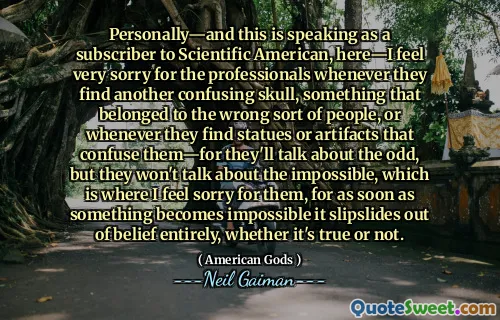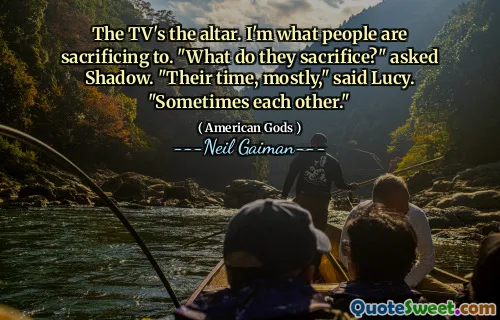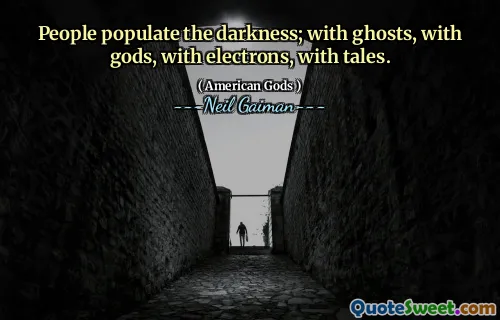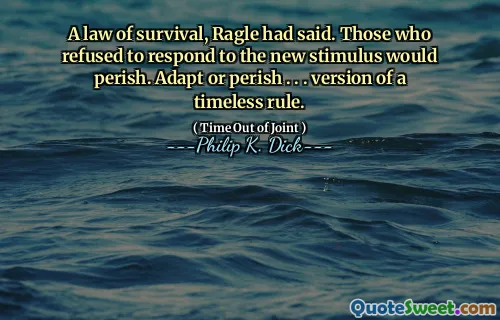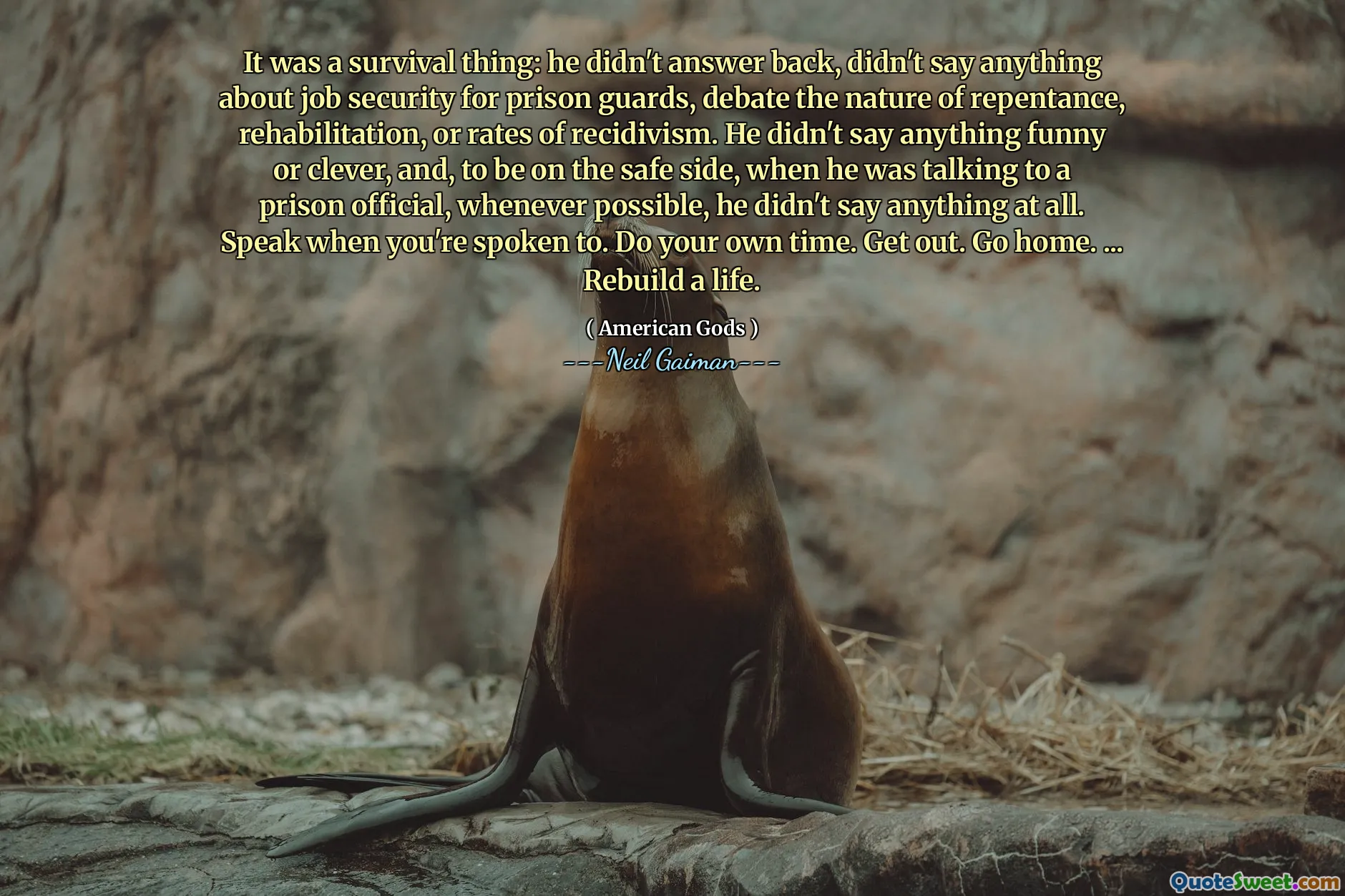
It was a survival thing: he didn't answer back, didn't say anything about job security for prison guards, debate the nature of repentance, rehabilitation, or rates of recidivism. He didn't say anything funny or clever, and, to be on the safe side, when he was talking to a prison official, whenever possible, he didn't say anything at all. Speak when you're spoken to. Do your own time. Get out. Go home. ... Rebuild a life.
This quote poignantly captures the stark and ruthless reality of survival within the constraints of incarceration. The protagonist's silence is not an act of submission borne out of defeat, but rather a strategic choice, a shield wrought from the necessity of self-preservation. There's a profound restraint here—a deliberate avoidance of engaging in debates on complex issues such as repentance or rehabilitation—that underlines the futility or danger of such discussions within the prison environment. The mantra "Speak when you're spoken to. Do your own time. Get out. Go home." distills the essence of endurance under oppression, emphasizing the practical wisdom gleaned from harsh experience rather than idealistic or intellectual engagement. It also reflects a resigned hope: survival is only the first step, an imperative precursor to rebuilding a life beyond the prison walls. This quote suggests a nuanced perspective on incarceration, not merely as a punitive measure but as a crucible that tests human resilience and the will to reclaim one's identity and future. The absence of cleverness or humor is deliberate, underscoring the seriousness of the situation and the limited room for vulnerability. Ultimately, this passage speaks to the broader themes of dignity, survival, and the quiet strength required to emerge from profound hardship.
